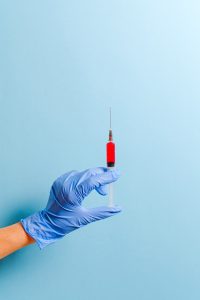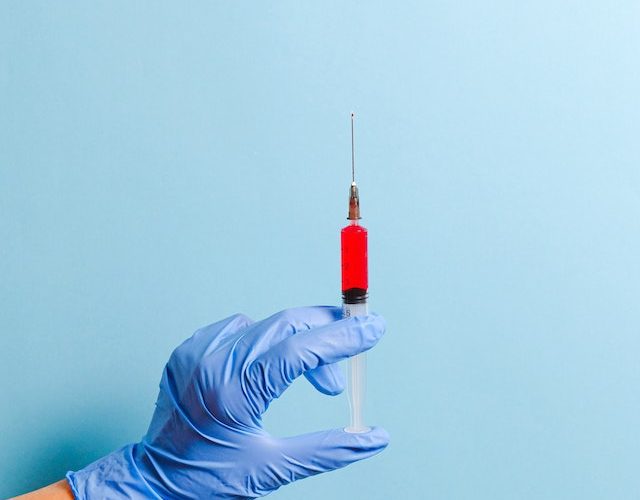Introduction: Without laboratories, vaccination programs would struggle.
Behind every successful vaccination program lies the significant contributions made by laboratories. These scientific institutions are essential for making immunization efforts successful. In this article, we explore the crucial role laboratories play in vaccination programs, from research and development to quality control, highlighting their impact on public health.
Research and Development: From Bench to Bedside
The foundation of vaccine research is in laboratories. Scientists and researchers work really hard in special places to learn about diseases, find good antigens, and make vaccines that work. The intricate process involves studying the characteristics of pathogens, evaluating their immunogenicity, and designing vaccines that induce robust immune responses.
Through extensive research, laboratories help identify the optimal dosing, schedule, and administration routes for vaccines. They check the safety, effectiveness, and ability to boost the immune system of vaccines through preclinical and clinical trials. The responsibility of laboratories includes examining possible harmful effects and making sure vaccines are safe.
Ensuring Safety and Efficacy: Quality Control in Vaccine Production
Laboratories are really important in making sure that vaccines are safe and effective by doing very careful quality control checks. Making vaccines is a precise process that requires following strict guidelines. This includes using the same methods, using modern equipment, and writing down every detail.
Scientists use labs to check if vaccines are pure, potent, and good. These tests verify the identity of vaccine components, confirm the absence of contaminants, and evaluate the stability and shelf-life of vaccines. Stringent regulatory standards are followed to meet the requirements set by health authorities, guaranteeing the safety and effectiveness of vaccines before they reach the public.

Collaboration and Impact: Laboratories Driving Effective Vaccination Programs
Scientists who work in laboratories cooperate closely with public health groups, companies that make vaccines, and organizations responsible for setting rules to create successful vaccination programs. Their knowledge helps come up with policies about vaccines, advise on which ones are recommended for people, and monitor any possible issues with vaccines. Labs play a big role in watching out for illnesses that we can protect ourselves from with vaccines, testing how well vaccines are doing their job, and spotting new risks to our health.
Besides, laboratories are essential in responding to outbreaks and pandemics as they can swiftly create and manufacture vaccines for emerging viruses. They work to make sure immunization campaigns happen quickly and vaccines are distributed to those who need them. Laboratories are also important in checking how many people get vaccinated and making sure the vaccines are safe after they are given. They give us useful information to keep improving vaccination programs.
To conclude, laboratories are at the forefront of driving effective vaccination programs. Through research activities, development procedures,and quality control checks,laboratories play a vital role in making sure that immunizations are safe,effective,and successful. When they collaborate with different stakeholders and care about public health, it has a huge impact on global vaccination programs. This protects communities and makes sure everyone stays healthy.












